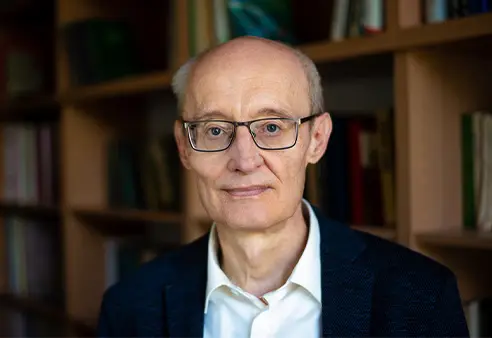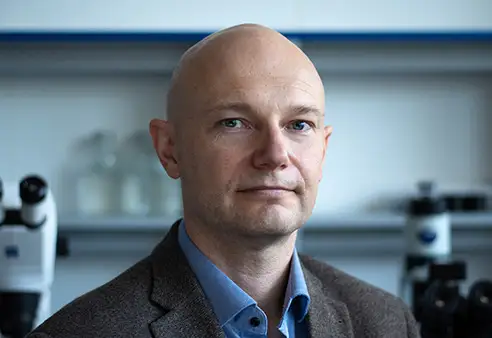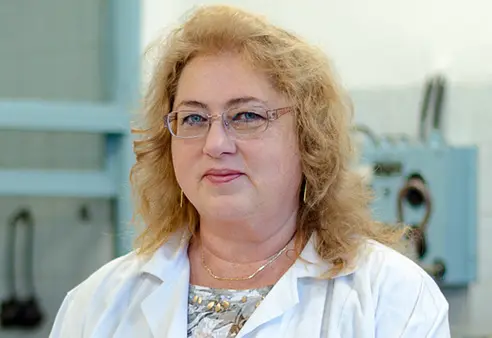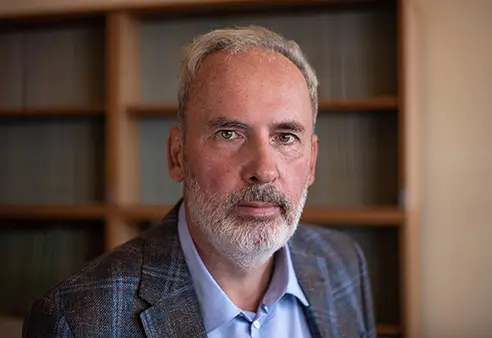Currently, existing antibiotics are losing their effectiveness, causing serious problems and endangering humanity, so the development of new antibiotics is a very important part of research around the world. Ing. Pavol Jakubec, PhD., who works at the Faculty of Chemical and Food Technology of the Slovak University of Technology in Bratislava, has dealt with this topic at the most prestigious universities in the world, and currently leads his own research team.
Thanks to the prestigious Marie Curie Fellowship, he went to the University of Manchester, where, under the guidance of Professor Darren J. Dixon, he focused on the development of new synthetic methods and the synthesis of biologically active natural substances. They focused on compounds isolated from the nature, that have interesting biological properties, for example against cancer or malaria, and can therefore serve as inspiration in the development of new drugs. They were able to synthesize these substances very effectively, with a high chemical yield and the shortest route ever invented.
He completed his research at the University of Oxford in the group of prof. Darren Dixon. The articles he published on this subject in the Journal of the American Chemical Society were among the world's most read. Pavol Jakubec mentions with gratitude his cooperation with the Nobel Prize laureate prof. Richard Schrock and his colleague prof. Amir Hoveyd, who created a new catalyst for a chemical reaction called metathesis. He provided them with a substrate, that helped them prove the uniqueness of this catalyst, and their joint work was published in the most prestigious scientific journal ‘’Nature’’.
He later worked at Harvard University, in the research group of prof. Andrew G. Myers, a world-renowned expert. The group's greatest success was the creation of a substance that had better properties than the best antibiotic in its class. In hindsight, Pavol Jakubec notes that whereas at Oxford he worked only on basic research, at Harvard he also focused on practical application. "I wanted to gain new experiences and Harvard was a real challenge. The demands there are completely different, but so are the work opportunities. The whole environment is very demanding, but incredibly stimulating and enriching at the same time. "said Pavol Jakubec.
However, his desire for independent scientific activity took him back to Slovakia. "In scientific research, it works like this: the professor guarantees for the project and his team then works on it and develops it. But it's always about the professor's idea and results. I told myself that it was time to try something on my own, to realize my own ideas, and Slovakia turned out as a good choice."
At the Faculty of Chemical and Food Technology, he and his team are currently developing new organic synthesis methodologies to help separate transition metals from catalysts. Another key topic of his research is the synthesis of new antibiotics. The essence of it is the chemical modification of a naturally isolated antibiotic, in order to improve its microbial properties and reduce toxicity. "What’s interesting about organic chemistry is that you have the opportunity to create new substances, compounds and methodologies that no one has invented before you, and which can also be used in various areas of life - to create new drugs, technologies and the like." said Pavol Jakubec.
In his free time, he likes to play table tennis. He used to play it semi-professionally and even won several trophies for his achievements.



